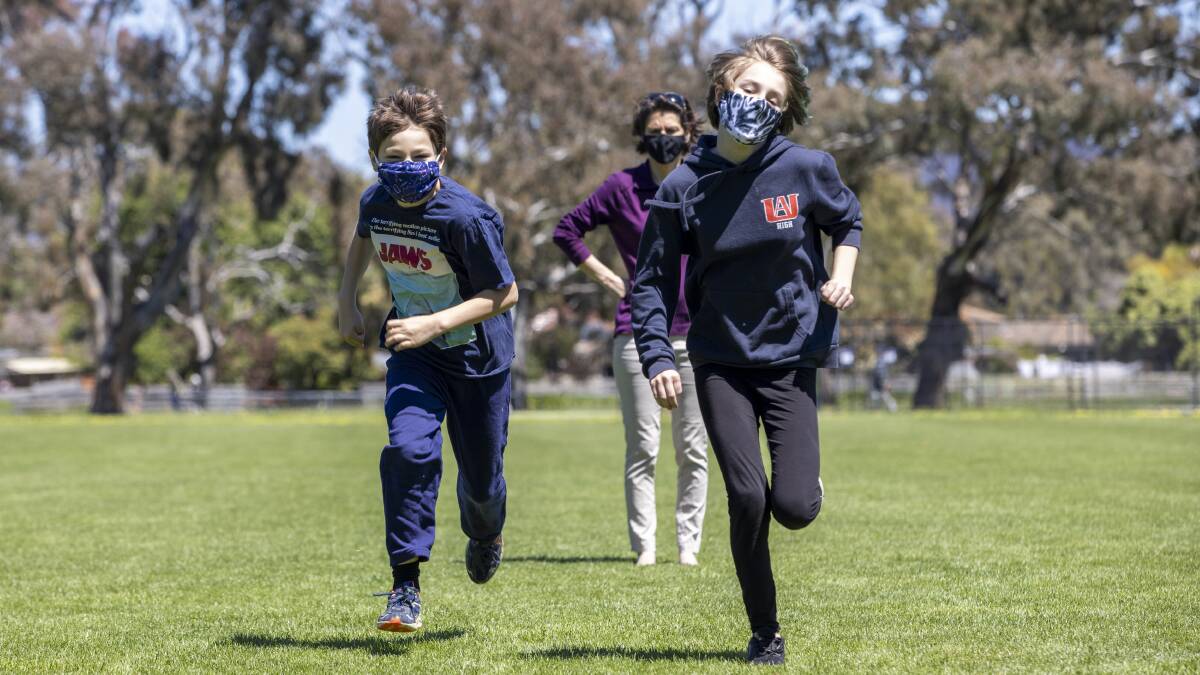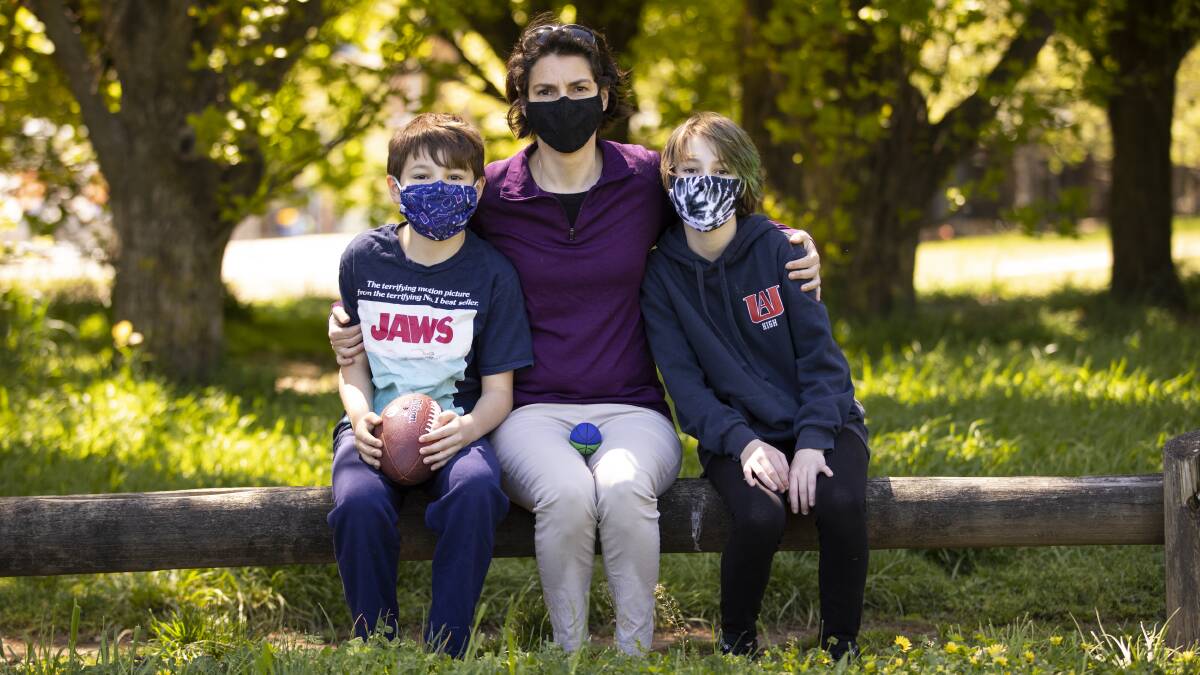
Remote learning has been a challenge for all children, but most of all for those with special needs.
Subscribe now for unlimited access.
$0/
(min cost $0)
or signup to continue reading
Amanda Robertson's daughter Charlotte, 12, has a confirmed diagnosis of attention deficit hyperactivity disorder (ADHD) while her son Axel, 9, shows some signs of the condition without a diagnosis.
Her children were disengaged from the work sent home on slideshows with embedded videos, so Ms Robertson bought them subscriptions to education platforms that were designed for online learning.
"Remote learning doesn't impose structure in the same way that face-to-face learning does, because they don't have a teacher there seeing them and redirecting them and telling them when to start and when to finish a particular piece of work," Ms Robertson said.
"It doesn't mean they're not smart. It's just the way that it's being delivered doesn't suit their needs."
ADHD Australia chair Professor Michael Kohn said most children and young people with the condition have struggled with learning from home during the pandemic.
The home environment is also filled with distractions such as toys, pets, siblings and snacks.
Students have to go without the direct support of their teacher, so parents have had to step in to help scaffold their learning.
On the positive side, students are shielded from negative social interactions and may be better supported at home.
A recent report from ADHD Australia found that 87 per cent of educators surveyed were not taught during their teaching education how to recognise the symptoms of ADHD, while 95 per cent of parents said more training was needed for educators.

ADHD Australia hopes to bridge the knowledge gap during a free online summit on Thursday.
"A lot of the teachers in the ACT have been sort of flying blind in that they've suspected difficulties in their students behaviour and learning, but hadn't formally been able to get a diagnosis, hadn't formally been able to support students to get treatment, or to get the support for the family and the young person that really is required," Professor Kohn said.
It can be be difficult to get an appointment to see paediatricians and child psychologists in the ACT and the process can be very expensive.
READ MORE:
Professor Kohn said neurodiverse children would struggle more with returning to the classroom and changing their daily routine again.
"I would anticipate heightened levels of anxiety and more difficulty with change than their same-age peers," Professor Kohn said.
He said it was a good idea to talk to children about what they are looking forward to at school and any worries that they might have.
"Just teasing out and expanding and finding words for what's a wheel spinning inside the mind of a young person, that really does take down some of the barriers and challenges for them in making this change," he said.
Our journalists work hard to provide local, up-to-date news to the community. This is how you can continue to access our trusted content:
- Bookmark canberratimes.com.au
- Download our app
- Make sure you are signed up for our breaking and regular headlines newsletters
- Follow us on Twitter
- Follow us on Instagram


